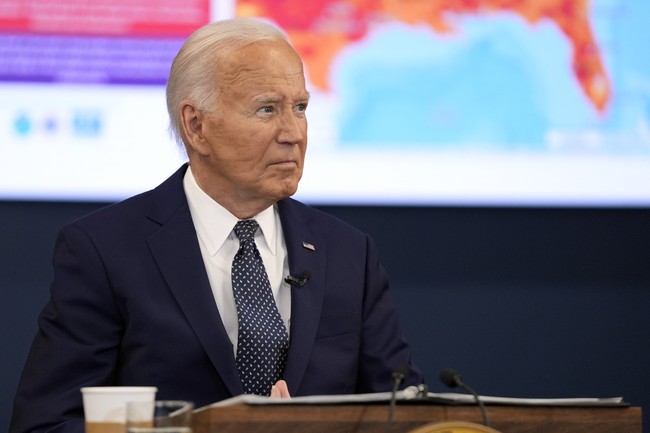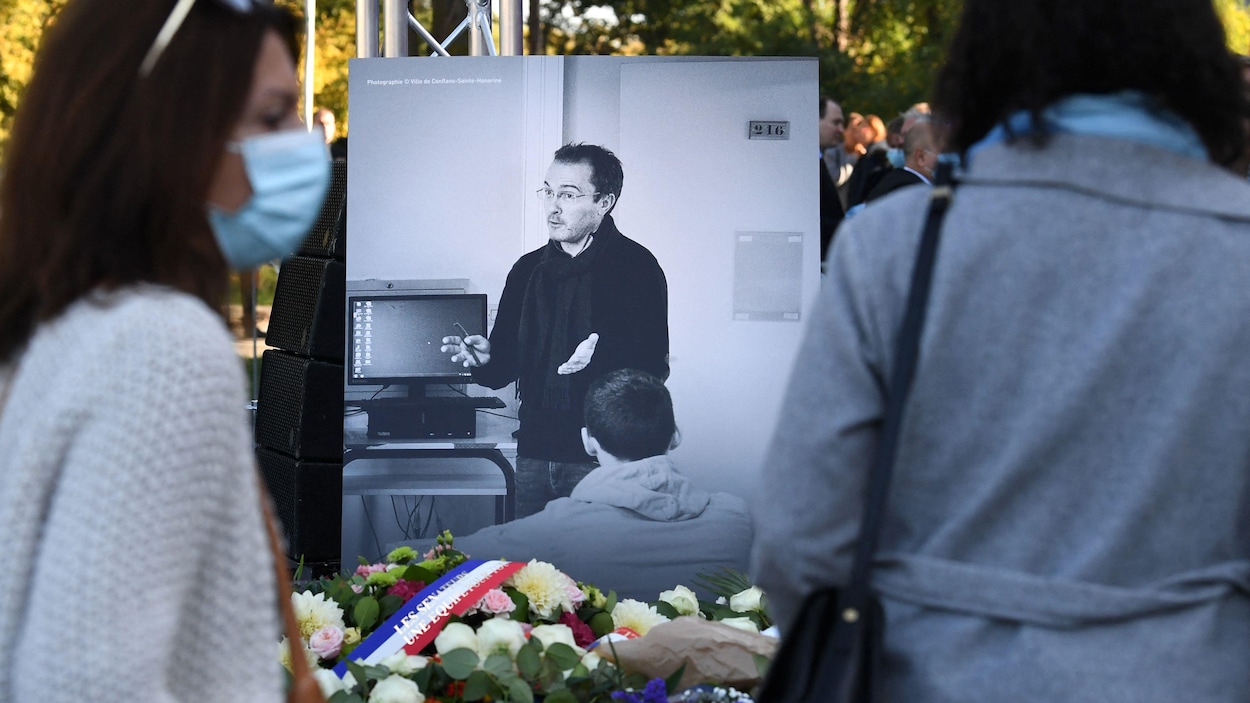Russia's New Nuclear Doctrine Shifts Strategic Focus
Russian President Vladimir Putin's recent remarks signal a significant shift in Moscow's nuclear doctrine, highlighting the increased risk of global conflict.
Published October 01, 2024 - 00:10am

Image recovered from lavoz.com.ar
President Vladimir Putin has recently escalated nuclear rhetoric by indicating that Russia's nuclear doctrine is undergoing significant amendments. This shift is largely perceived as a direct response to ongoing discussions about Ukraine's capability to deploy Western missile systems deep into Russian territory, a move Putin vehemently warns could trigger severe consequences.
During a meeting of Russia's National Security Council, Putin emphasized that any support from a nuclear power to a non-nuclear nation's attack on Russia would be treated as a joint assault on the Federation. This firm stance underscores Moscow's growing concerns over NATO's involvement in the Ukrainian conflict.
The revised nuclear doctrine now encompasses detailed scenarios where the use of nuclear weapons could be considered. This includes a large-scale air assault involving manned aircraft, cruise missiles, or unmanned aerial vehicles. Putin reiterated that any substantial attack on Russian territory, facilitated by a nuclear-armed ally, would precipitate a potentially nuclear response from Moscow.
Analysts suggest that these doctrinal changes come in light of Ukraine's persistent lobbying for long-range Western missile capabilities. Ukraine's military currently possesses American MGM-140 ATACMS and British Storm Shadow/SCALP missiles, with ranges up to 300 kilometers. Despite Ukraine's pleas for permission to use these systems beyond their borders, such approval remains pending.
Western officials and commentators have expressed varied reactions to Putin's declarations. Ukrainian President Volodymyr Zelensky's chief of staff derided the statements as nuclear blackmail, describing them as bluffs rooted in weakness. However, experts like Nikolai Sokov, a former Soviet and Russian diplomat, argue that these warnings should not be taken lightly, as the implications of miscalculation could be dire.
From a broader geopolitical perspective, these developments coincide troublingly with Russia's withdrawal from the Strategic Arms Reduction Treaty (START III) earlier this year, severing the last major nuclear arms control pact between the US and Russia. The suspension of this treaty introduces additional elements of unpredictability and tension in an already volatile international climate.
Importantly, experts caution against overreacting to Russia's statements. Defense analyst Fabian Hoffmann points out that genuine concerns should arise only if there are clear indications of operational readiness, such as pairing warheads with delivery systems. As it stands, these preparatory steps have yet to be observed.
Meanwhile, within Russia, there is debate regarding the practical impacts of these doctrinal changes. Maxim Starchak, from the Center for International and Defense Policy, contends that while the conditions for nuclear use are more clearly defined, the foundational principles remain unchanged. He notes that the doctrine continues to allow significant interpretative flexibility, making the real-world application of these policies a complex issue.
In the international arena, reactions vary. US Secretary of State Antony Blinken condemned Putin's remarks as irresponsible, a sentiment echoed by other NATO officials who perceive these statements as psychological warfare aimed at destabilizing Western resolve and public opinion.
Furthermore, the timing of Putin's pronouncements, closely following a failed missile test at Russia's Plesetsk Cosmodrome, adds an intriguing layer to the narrative. Satellite imagery suggested an explosion at a launch site typically used for testing intercontinental ballistic missiles, raising questions about Russia's missile capabilities and preparedness.
Experts are pondering whether this internal setback influenced Putin's decision to articulate a staunch stance on nuclear deterrence, perhaps as a means of compensating for technical shortcomings with strategic posturing.
Conclusively, the global community finds itself grappling with the implications of Russia's evolving nuclear doctrine. The stakes are undeniably high, as any escalation carries the inherent risk of broadening the scope of conflict beyond regional confines. As such, understanding the nuanced and multifaceted elements of Russia's strategic pivot is essential for informed and cautious navigation of international diplomacy in this precarious era.







